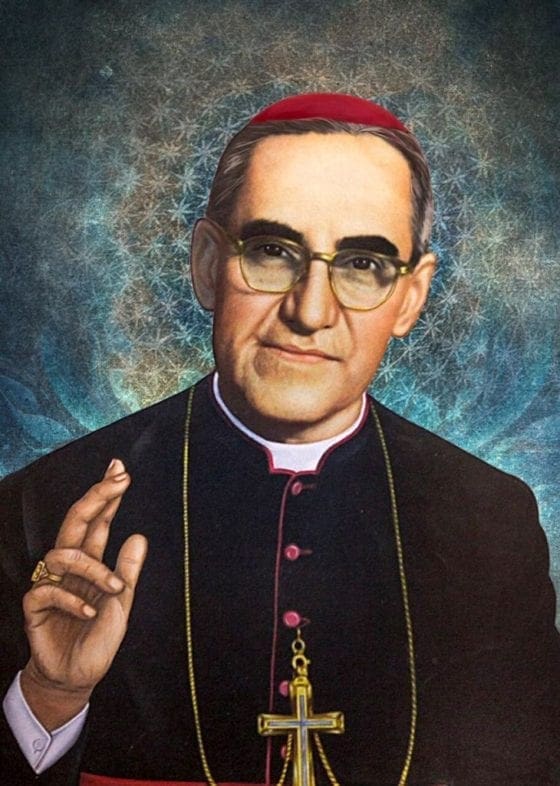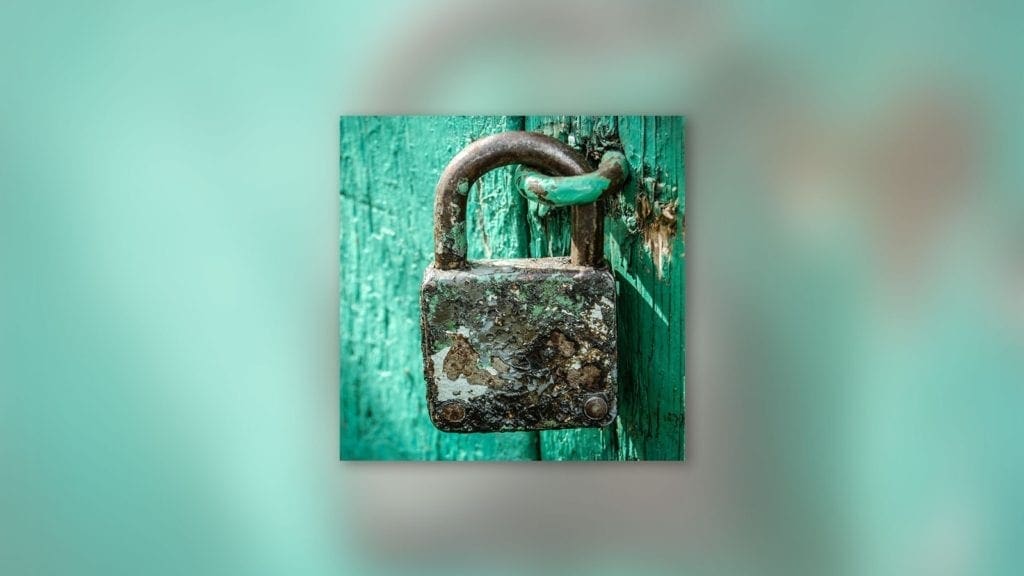International Day for the Right to the Truth
Concerning Gross Human Rights Violations and for the Dignity of Victims
In Memory of a Martyr!
Recently I participated in a meeting about people who had “disappeared” in Mexico during the past three decades. Seated beside me was a couple who had come to this meeting in order to demand the truth with regard to what had happened to their only son. Their son had been studying at the University of Mexico and during an outing he had accidentally photographed an illegal activity between a group of drug-traffickers and the local police. We want to know the truth! Where is our son? Is he alive or dead? Was he tortured or abused? He is our only child, and someone has to tell us something … this anguish is unbearable!
 In memory of the martyr, Saint Oscar Romero, the United Nations has decreed March 24thas the International Day for the Right to the Truth. This right is often invoked in the context of gross violations of human rights and grave breaches of humanitarian law. The relatives of victims of summary executions, enforced disappearance, missing persons, abducted children, torture, require to know what happened to them. The right to the truth implies knowing the full and complete truth as to the events that transpired, their specific circumstances, and who participated in them, including knowing the circumstances in which the violations took place, as well as the reasons for them.
In memory of the martyr, Saint Oscar Romero, the United Nations has decreed March 24thas the International Day for the Right to the Truth. This right is often invoked in the context of gross violations of human rights and grave breaches of humanitarian law. The relatives of victims of summary executions, enforced disappearance, missing persons, abducted children, torture, require to know what happened to them. The right to the truth implies knowing the full and complete truth as to the events that transpired, their specific circumstances, and who participated in them, including knowing the circumstances in which the violations took place, as well as the reasons for them.
Through the observance of this day, nations around the world are able to honor the memory of Archbishop Óscar Arnulfo Romero who was assassinated on March 24, 1980 and canonized by Pope Francis during a celebration that was held last year in Rome. Romero denounced the violation of human rights and serious infractions of human rights law in El Salvador. Through the observance of this day the United Nations intends to honor the memory of victims of gross and systematic human rights violations and promote the importance of the right to truth and justice.
In a 2006 study that was undertaken the Office of the United Nations High Commission for Human Rights it was concluded that the right to the truth about gross human rights violations and serious violations of human rights law is an inalienable and autonomous right, linked to the duty and obligation of the State to protect and guarantee human rights, to conduct effective investigations and to guarantee effective remedy and reparations.
Reparations for victims begins with reconstructing the truth. Reconciliation and restoring the broken social network can only be accomplished through knowledge of the truth: the right to the truth implies knowing the full and complete truth as to the events that transpired, their specific circumstances, and who participated in them, including knowing the circumstances in which the violations took place, as well as the reasons for them.
In a 2009 report on the Right to the Truth, the Office of the UN High Commissioner for Human Rights identified best practices for the effective implementation of this right, in particular practices relating to archives and records concerning gross violations of human rights, and programmes on the protection of witnesses and other persons involved in trials connected with such violations.
It has become very common for countries, at the conclusion of a civil war or rule by an authoritarian dictator, to establish a Truth Commission which functions during a period of transition. The Peace Treat which Colombia signed provided autonomy to a Truth Commission but connected that Commission to the Department of Justice. The same commission, however, was also given the power to establish reparations and to establish ways so that such violations would never again happen in that country.
Truth commissions — officially sanctioned, temporary, non-judicial investigative bodies — are granted a relatively short period for statement-taking, investigations, research and public hearings, before completing their work with a final public report. While truth commissions do not replace the need for prosecutions, they do offer some form of accounting for the past and have thus been of particular interest in situations where prosecutions for massive crimes are impossible or unlikely— owing to either a lack of capacity of the judicial system or a de facto or de jure amnesty. A truth commission reaches out to thousands of victims in an attempt to understand the extent and the patterns of past violations, as well as their causes and con sequences. The questions of why certain events were allowed to happen can be as important as explaining precisely what happened.
The integral healing of survivors and family members who lost loved ones can only occur when the truth is fully revealed. These people will also find moral comfort when the truth is clarified and brought into the light of day. There is a gospel and spiritual dimension in the celebration of this right to the truth. This is an essential element in Jesus’ message as well as in our message as members of the Vincentian Family. Forgiveness and reconciliation are inseparable from the truth. Victims have a right to know the truth and also a right to pardon those who offended them … the ability to exercise those rights will make them truly free and thus, enable them to truly survive their experience.
I conclude by emphasizing the importance of this date which provides us with an opportunity to celebrate the universality of the message of the Archbishop Romero … a message in which his faith commitment was intimately bound up with a commitment to justice on behalf of the oppressed and marginalized people of El Salvador. The radicalness of the Archbishop’s commitment made those with economic and political power angry … so angry that they plotted together to destroy the Archbishop who was assassinated on March 24, 1980. This date challenges us to treasure the legacy of this committed saint who reminded people: If they kill me, I will arise in the midst of the people of El Salvador! The firms of Romero’s commitment has made many nations throughout the world to look toward the Sainted Archbishop and remember him and cry out for respect for the right to know the truth with regard to serious violations of human rights, violations which diminish and violate the dignity of the human person.
By: Guillermo Campuzano, CM
Office of the Congregation of the Mission
at the United Nations
Translated:
Charles T. Plock, CM
Eastern Province, USA


